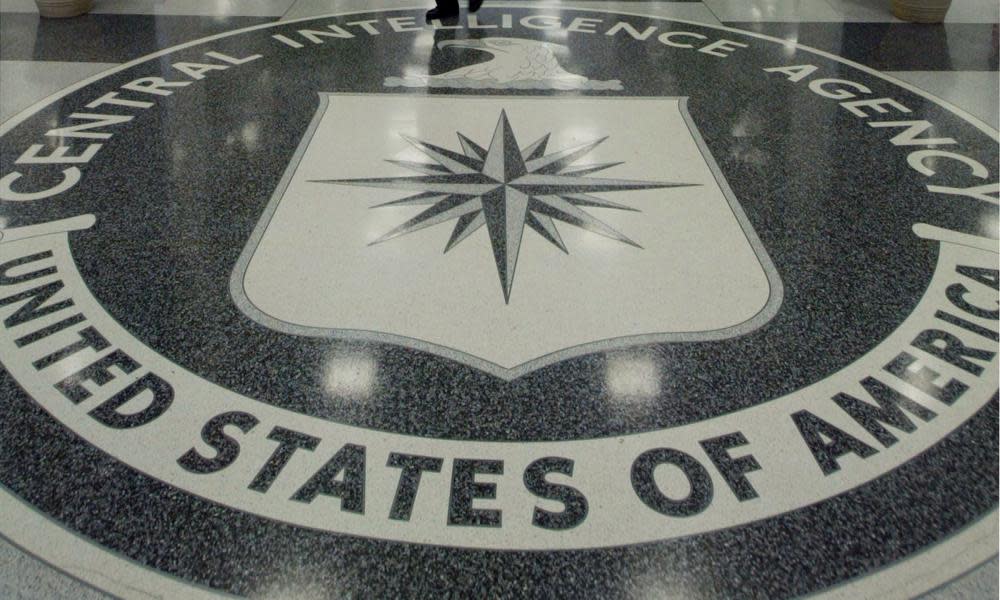DoJ may seek to prevent CIA official from detailing role in Bush-era torture

Donald Trump’s justice department has indicated it will seek to prevent the new deputy CIA director from telling a court about her role in Bush-era torture.
In a Wednesday filing in a federal court in Washington state, a team of US attorneys and justice department officials said the government “anticipates asserting the state secrets privilege” to prevent Gina Haspel from being deposed by two former CIA contractor psychologists.
The psychologists, James Mitchell and Bruce Jessen, are battling a lawsuit by representatives for four men who seek to hold them liable for torture they experienced in secret CIA prisons. Mitchell and Jessen designed for the CIA the so-called “enhanced interrogation” program that three of the men endured and which killed one of them.
As part of their defense, Mitchell and Jessen are seeking depositions from several former CIA officials, in order to claim that their actions ought to be immunized because they were working in service of the US government.
Haspel, a career CIA officer whom Trump selected as deputy director on 2 February, is among them. Haspel has been linked to torture at a CIA black site in Thailand where Mitchell and Jessen’s first torture test case, a man known as Abu Zubaydah, was waterboarded 83 times.
Years later, Haspel implemented an order by her then boss, Jose Rodriguez, to destroy videotapes of torture at the black site, an act confirmed recently by the former acting CIA director Michael Morell, who cleared Haspel of “any wrongdoing” in the tapes destruction.
In a 14 February filing, Mitchell and Jessen’s attorney, Brian Paszamant, said Haspel was “centrally involved” in the events leading to the torture of the men suing the contractors.
But on Wednesday, the justice department objected to Haspel’s deposition, as well as one from a serving CIA officer with experience in the Renditions Group, a person identified only as John Doe.
The justice department’s grounds for asserting the state-secrets privilege, long the target of criticism by human rights lawyers as a legal gambit for covering up wrongdoing under the veil of national security, is that the government “has never officially acknowledged whether either witness had any role in the former detention and interrogation program. To confirm or deny that fact would itself disclose classified information”.
The government asked the court to permit it to formally submit on 8 March its state-secrets argument preventing them and another CIA witness, James Cotsana, from being deposed.
It is believed to be the first assertion of the state secrets privilege under the Trump administration.
Thus far, however, the justice department is not seeking to prevent Haspel’s ex-boss Rodriguez or the former CIA top attorney John Rizzo from giving depositions in the case. Both Rodriguez and Rizzo have publicly discussed their roles in the torture program through published memoirs that went through CIA censorship screening.

 Yahoo News
Yahoo News 
